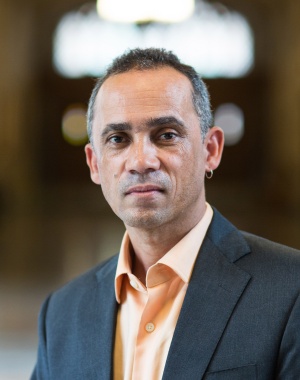PUBPOL 495 (Policy Seminar) is for students currently enrolled in the Public Policy Undergraduate Program only, no exceptions. Enrollment is by permission only.
How do nations founded through political conflict and extreme social traumas come to systemic terms with the evolution of discourses on human rights after 1948? What has been the role of transitional justice mechanisms such as truth commissions and public apologies in shaping reparative frameworks as part of the post conflict nation's quest for greater social cohesion after the legal recognition of such historical conflicts? What are the psycho-social, socio-cultural, political and economic challenges faced by democratic nations who have previously experienced colonization and extended periods of administrative violence?
This comparative public policy seminar will explore the currency of transitional justice mechanisms, reparative processes and public apologies that have come about through long, complex and ongoing civic struggles for indigenous rights in South Africa, New Zealand, Australia, Canada and the USA. The questions of equality, justice and rights so central to democratic nationhood are not so easily settled once a nation has been officially inaugurated. Such questions are a constant part of what is at stake in the political, social, economic, and moral context of public policy during the post conflict phases of democratic consolidation. This course will address how our ability as future leaders, policy analysts and policymakers may be improved by developing a deeper understanding of the complex nature and discourse on human rights and the politics of nationhood. It will informed by an ongoing reflection of our proximity as leaders to violence and our responsibility as policy makers to the ongoing public engagement with the 'unfinished business' of history making.
